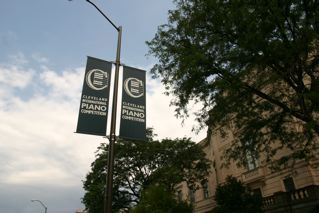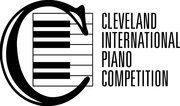Friday, August 7, 7:00 pm
The Cleveland Orchestra, Jahja Ling, Conductor
Dmitri Levkovich
Rachmaninoff, Concerto No. 2 in C Minor, Op. 18
Moderato
Adagio sostenuto
Allegro scherzando
Intermission
Evgeny Brakhman
Rachmaninoff, Concerto No. 3 in D Minor, Op. 30
Allegro ma non tanto
Intermezzo: Adagio
Finale: Alla breve
Saturday, August 8, 7:00 pm
The Cleveland Orchestra, Jahja Ling, Conductor
Martina Filjak
Rachmaninoff, Concerto No. 2 in C Minor, Op. 18
Moderato
Adagio sostenuto
Allegro scherzando
Intermission
William Youn
Brahms, Concerto No. 1 in D Minor, Op. 15
Maestoso
Adagio
Rondo: Allegro non troppo





 Tuesday, August 4
Tuesday, August 4